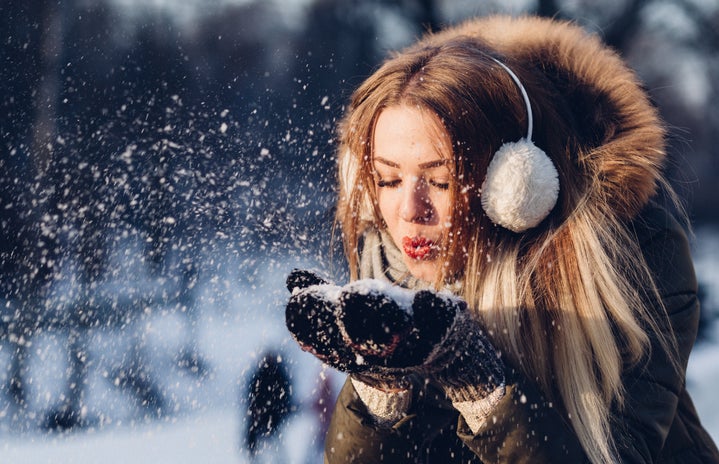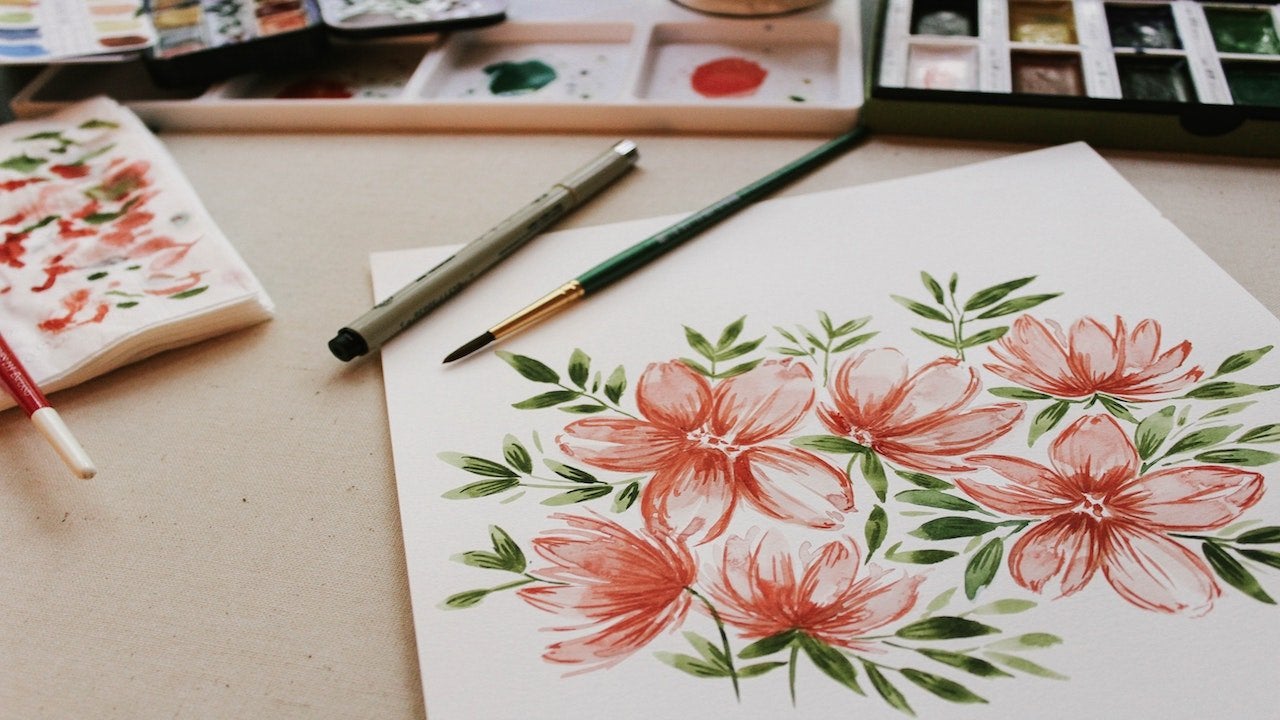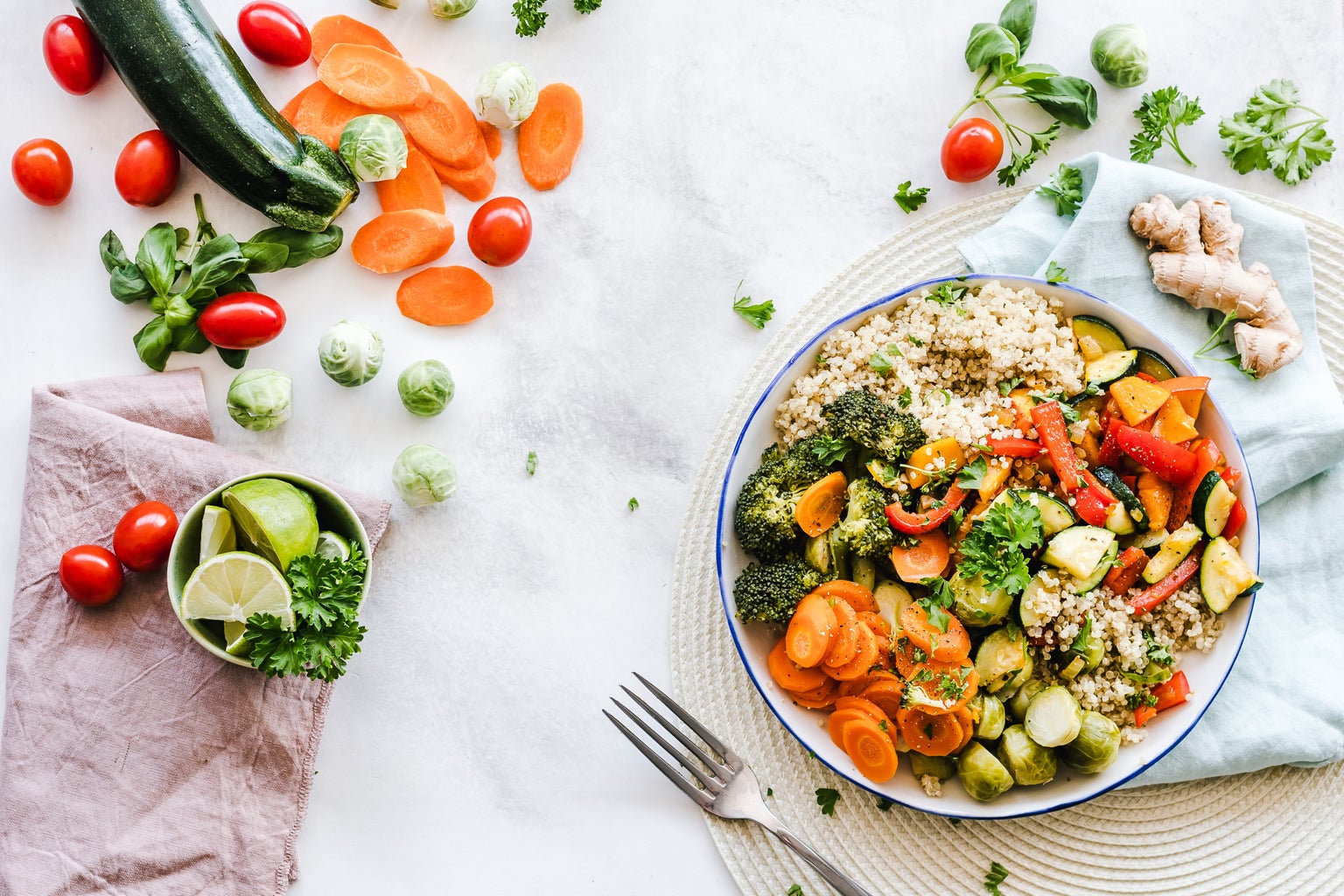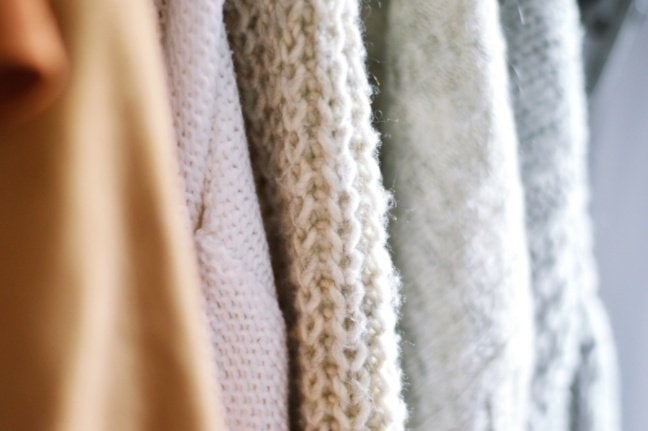Winter is a time of year where many of us struggle with what the National Institutes of Health calls “the winter blues”. The shorter days, lack of sunlight, cold weather and dreary skies can make it hard to enjoy day-to-day life.
After the holiday season is over, winter can feel like a melancholy, tedious, endless wait for spring weather to finally make its appearance, but spending a quarter of the year just trying to make it through the next few months is no way to live or enjoy our time.
It is important to differentiate between the winter blues and SAD, or seasonal affective disorder. Seasonal affective disorder is a form of depression that is related to the shortening of daylight hours.
SAD follows a specific, regular pattern and interferes with daily functioning over a significant period of time, according to the National Institutes of Health. The winter blues are a general term, not a medical diagnosis, and they are significantly more common than SAD.
If you are concerned that you may have a more severe mental health response to the shortening days and long winter months, it is important to seek help from a medical professional.
However, if you struggle with the winter blues, like many of us in the northern United States, there may be easy solutions to getting out of that brain fog and feeling a little lighter despite the frigid winters.
Here’s some tips for improving your emotional state when the snow has turned to grayish sludge on the side of the road.
move your body
The impact that exercise has on your mental health truly cannot be understated. According to the National Library of Medicine, health benefits of regular exercise include improved sleep, stress relief, improvement in mood, increased energy and stamina and reduced tiredness that can increase mental alertness.
Now, it can be really hard to find the motivation to put on workout gear, bundle up in your coat and hat and trudge to the gym on those really cold winter mornings. However, there are thousands of amazing workouts on YouTube that you can do from the comfort of your own living room.
I personally love doing a yoga video to stretch in the morning, dance videos for cardio (and to relive my Just Dance days) and pilates for a bodyweight workout. All of this can be done with just a yoga mat (or your floor) and a screen.
In winter, it is especially important to make the time to move your body, since you typically won’t be doing as much walking or as many outdoor activities as you would in spring, summer and fall. Prioritize yourself, your body and your mental health by carving out even thirty minutes a day to move.
get out of the house
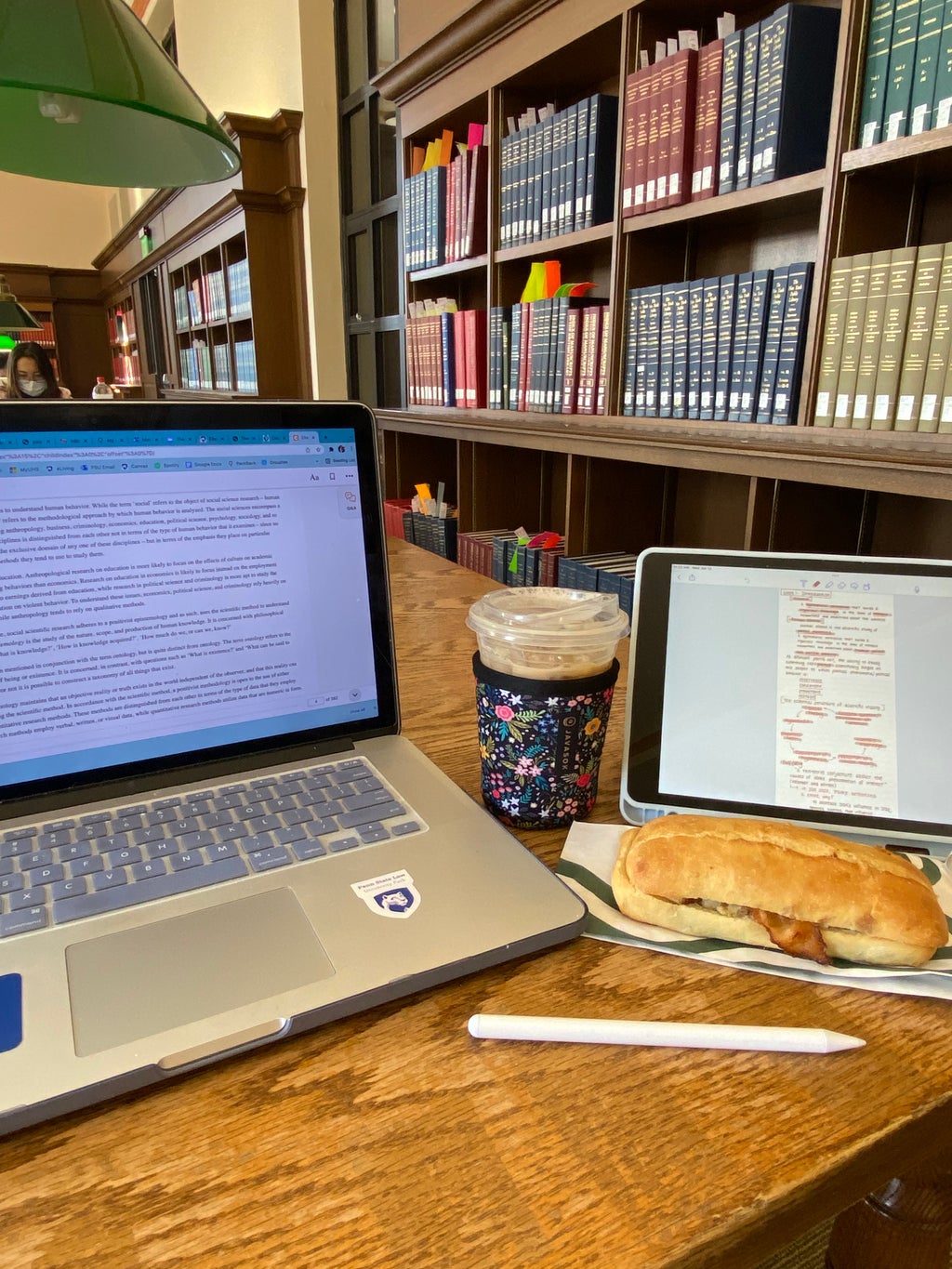
Even in the middle of winter when it can be incredibly tempting to skip class and stay in your bed all day, you’ll feel better if you get out and about.
Bundle up in your coat and hat and make your way to campus or hang out downtown. Study in a coffee shop, read in the library or get some dinner in the HUB. Just make sure you get your legs moving and get out of the house a little bit.
get yourself some nice winter gear
Make sure you’re comfortable outside during PA winter weather.
Get an insulated coat, good gloves, a hat, scarf and fuzzy snow boots. Thick socks, nice sweaters and fleece-lined leggings are a lifesaver from December to March. Make sure you’re going to be comfortable being outside for the walks to class and around town.
make a winter book list
Reading is the best way to spend those cold days where you just want to stay inside, bundled up under a blanket.
There are so many great recommendations you can find online or through Booktok. Two that I read recently and loved were “The Nightingale” by Kristin Hannah and “The Hunting Party” by Lucy Foley.
try a new indoor hobby
There are so many great indoor hobbies to get you through winter. This is your time to try painting, knitting, pilates, puzzles, baking, cooking, playing a new instrument, writing, yoga, fashion design or interior decorating.
Pinterest is a great place to find inspiration for these hobbies, and many stores like Michael’s or Target carry supplies to help you get started. YouTube also has plenty of videos for beginners to start, so why not try something new?
make your home feel cozy
When you’re stuck inside, it’s important that you feel comfortable where you are. Candles, fairy lights, fuzzy blankets, houseplants and art are all great ways to make your house feel warm, comfortable and like you.
Making your place smell like winter is also a great way to make your home feel cozier. Scents like balsam fir, winter pine, mahogany, sandalwood and gingerbread are amazing options to make your home feel like a cozy winter nest.
According to Sara Lindberg, M.Ed, “The environment and mental health and intrinsically connected. The places where you spend a lot of time—home, work, school, and even socially—can have a significant impact on your mental well-being.”
Sensory factors such as lighting, smells and temperature as well as aesthetic factors such as clutter and decor can affect the way your brain and body react to your home environment.
You’ll be spending a lot of time at home this winter, so make it a happy place for you. Lower your stress levels as much as possible by creating a home environment that feels welcoming for you and your brain.
Nutrition
Nutrition has such a huge impact on mental health.
According to Cecilia Snyder, MS, RD, “three studies found that eating more fruits and vegetables is linked with less worry, lower tension, and greater life satisfaction, while a literature review linked higher diet quality with improved mood.”
Your diet plays a role in both your physical and mental well-being, and it needs to be a higher priority than it usually is for most college students. Especially in winter, when students are more commonly lacking vitamins in their diet, it is important to supplement this by eating a variety of fruits, vegetables, whole grains, proteins and dairy.
try a sun lamp
Light therapy lamps are available on Amazon or for free in the IM Building on campus. Some research shows that these lights can improve mood and help with sleep during the cold winter months.
They’re commonly prescribed by doctors to help with SAD (seasonal affective disorder) and to help boost vitamin D when sitting out in the sun isn’t an option. If you notice yourself struggling with lethargy and a general feeling of sadness throughout the winter months, a sun lamp might be for you.
try to embrace the season
Winter can be a bummer, and I find it harder to romanticize than fall, spring or summer. However, there is a coziness to the season that we can all try to embrace.
Soft sweaters, blankets, hot tea, candles, cozy socks and baking cookies are all reasons to enjoy the season. It’s not easy, but a positive mindset is the best way to approach the next few months.
–
Sources:
Beat the Winter Blues. (2017, June 23). NIH News in Health. https://newsinhealth.nih.gov/2013/01/beat-winter-blues
Lindberg, S. (2023, March 23). How Your Environment Affects Your Mental Health. Verywell Mind. https://www.verywellmind.com/how-your-environment-affects-your-mental-health-5093687
Sharma, A., Madaan, V., & Petty, F. D. (2006). Exercise for mental health. Primary Care Companion to the Journal of Clinical Psychiatry, 8(2), 106. https://www.ncbi.nlm.nih.gov/pmc/articles/PMC1470658/
Snyder, C. (2022, June 29). Can your diet affect your mental health?. Healthline. https://www.healthline.com/nutrition/diet-and-mental-health-can-what-you-eat-affect-how-you-feel#what-to-eat
